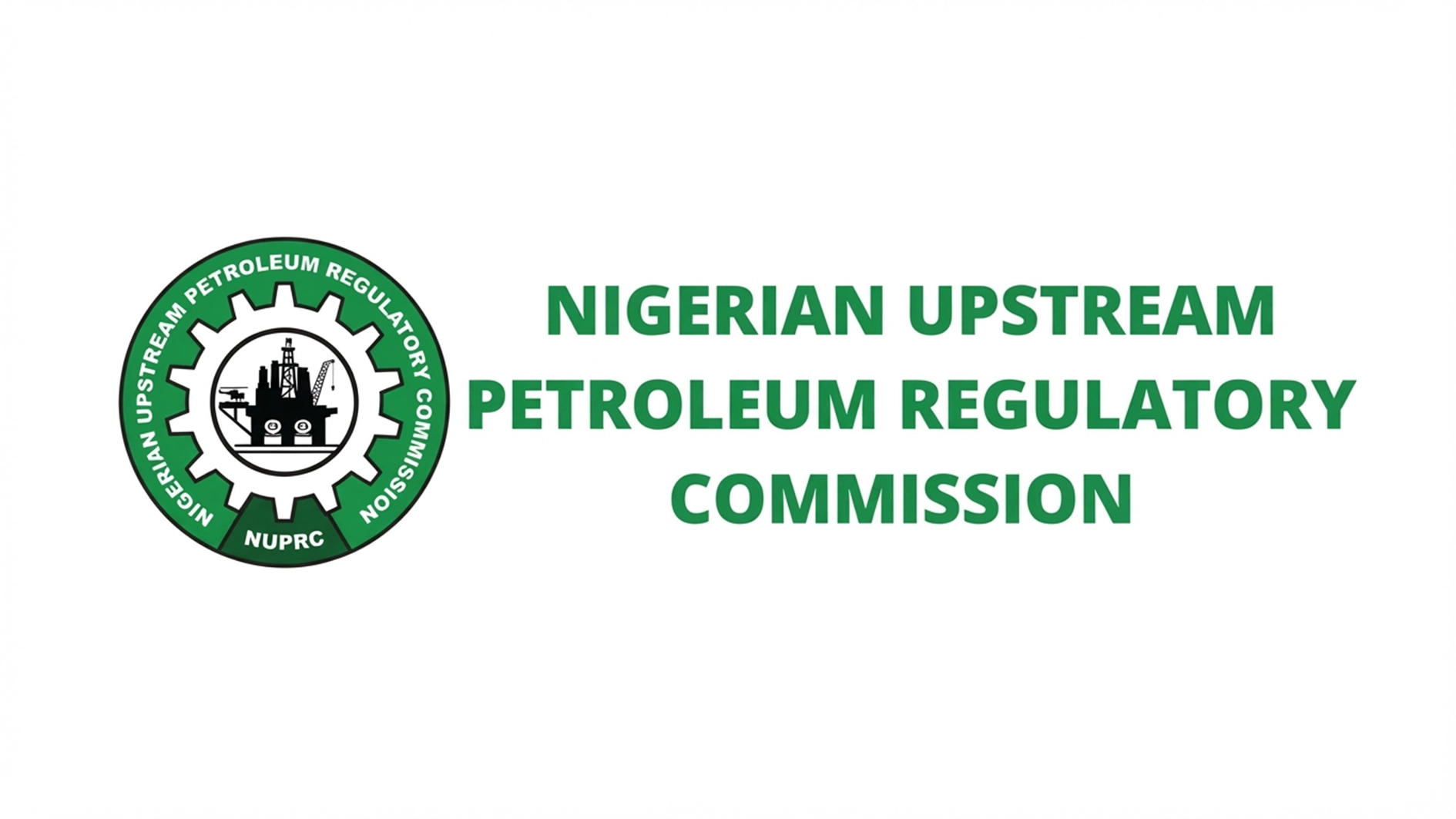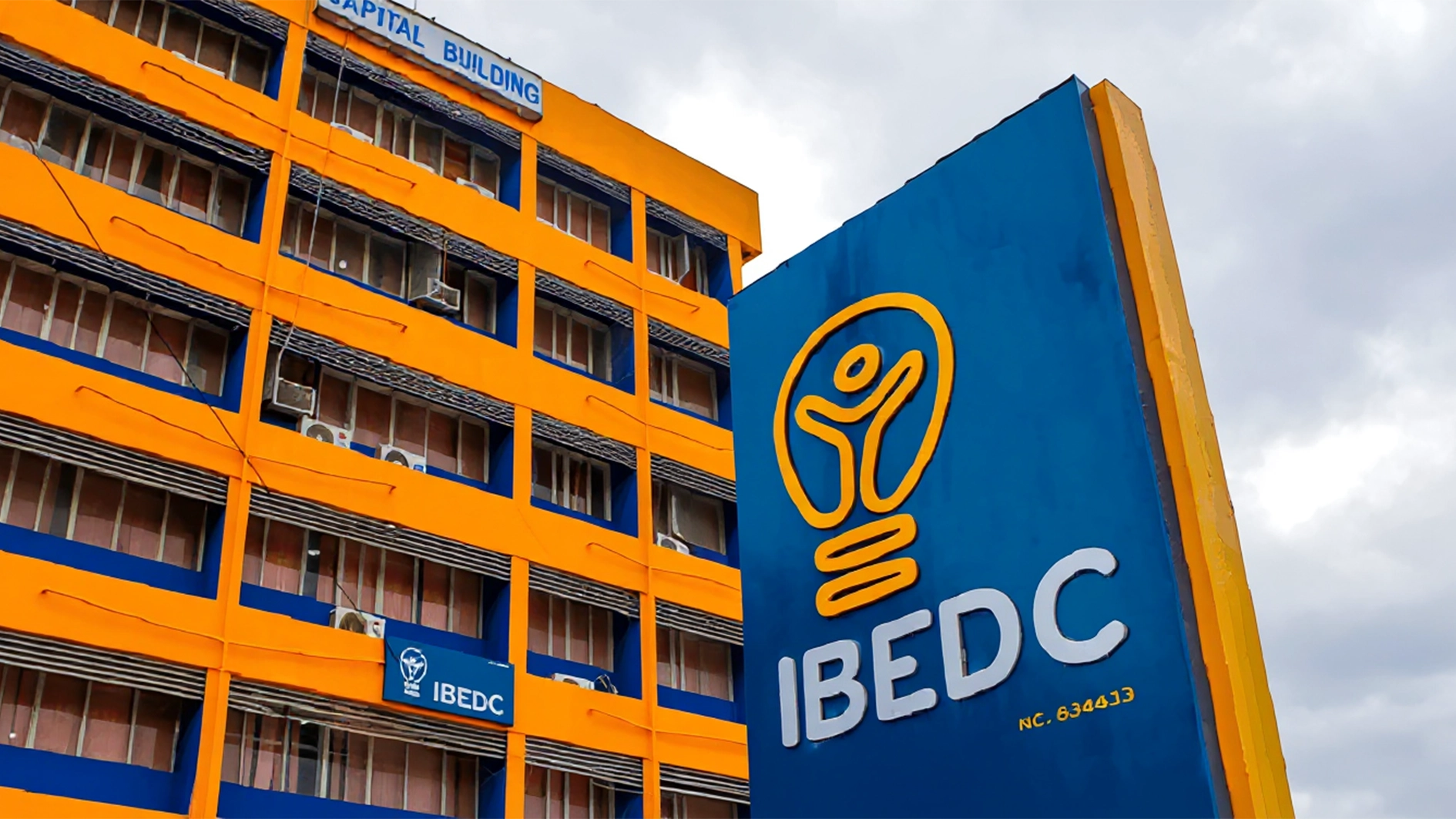
Some oil and gas experts in Nigeria have asked the Federal Government to address the lapses in the country’s licensing round if the projected goals in the petroleum industry will be achieved.
Speaking on the back of the 2020/2021 marginal fields bid licensing round, stakeholders in Abuja noted that corruption, arbitrary decisions, undue political influence and other issues were still prevalent in the country’s bidding process.
In a report commissioned by the Human and Environmental Development Agenda (HEDA) and presented in Abuja, the stakeholders said there was arbitrary lumping of strange bedfellows into same SPVs without regard to capacity, competence and previous experience in proposing/awarding share percentages and structure of governance, funding and profit-sharing formula for them.
They also noted the delays precipitated by the COVID-19 pandemic, the transition from Department of Petroleum Resources to Nigeria Upstream Petroleum Regulatory Authority in compliance with institutional and operational provisions in the PIA 2021, and the resort to institute a committee to clean up the mess created under the DPR regime, leveraging the Alternative Dispute Resolution Centre (ADRC),
“The other gaps included “high fees and levies charged which warranted a drop in the number of shortlisted applications and/or mergers/SPVs formed by companies; allegations of undue access to insider information by some privileged persons that complemented already available Competent Person Reporting (CPR) and Net Person Value (NPV) reports to reach decisions about whether to top-up a nearly sealed bid to swing awards or simply walk away; hush-talks’ about official and unofficial payments by bidders, all of which happened only at the level of allegations without any official records/petitions.”
The stakeholders noted in the report that despite taking longer than originally planned, the 2020/2021 marginal fields bid exercise produced the desired outputs with useful lessons learned.
According to them, Nigeria and its upstream oil regulatory agency can conduct a bid round without recounting clogs of corruption scandals that have painted the country in bad image.
They sought need to halt political interference, even as the experts questioned the capacity of NUPRC to mediate and reconcile such disputes and conflicts of equity negotiation, governance structure, funding and profit-sharing formula as demonstrated in the conflagration occasioned by the SPVs created out of co-joined fields.
The experts lauded the expansion of the space for indigenous participation in the oil and gas industry, the potential for growing proven reserves, as well as the revenue generation to the tune of N200 billion and $7 million to the Federal Government.
They stated that the latest bid round was a departure from past experiences of awarding oil licenses to portfolio investors who ended up ‘trading’ the papers for a flip. The exercise was widely acclaimed a reversal of a sad narrative of perennial scandals about derailment from due process, corruption and conflict of interest (COI) perpetrated by Political Exposed Persons (PEPs).
They equally saw the move as an opportunity for many downstream petroleum companies to make a significant inroad into the upstream petroleum development sector.
“Although it took almost two decades to come after the first bid round held in 2003/2004, the 2020/2021 marginal fields bid licensing round passed the overall test of quality assurance. The following are recommended for advocacy and engagement ahead of future exercise.
“Full disclosure of information at all stages of the bid licensing round (BLR) from the very beginning of expression of interest up to the issuance of certificate of award to avoid the peddling of real or imagined allegations about happenings of untoward practices by stakeholders, particularly civil society who felt undermined and not carried along the process.
“More specifically, the process should disclose information, including names of companies that expressed interest for which blocks/fields, names of their owners, amount of money paid, processes scaled through or fell behind, plans for host community development and contract transparency should be prioritized in the process.
“Cross-institutional checks for key public policy and legal provisions such as beneficial ownership and contract transparency are recommended to be held in strict collaboration with civil society. It is not just enough to claim transparency, it is also necessary for stakeholders to see products as undeniably followed.
“Broader stakeholders’ buy-in and respect for independence of investors/companies to determine who they merge with and with whom they formed SPVs and the level of equity participation and profit-sharing formula should be guaranteed, instead of forcing a merger of strange bedfellows,” the report noted.
They called for deliberate efforts by NUPRC to promote stakeholders’ collaboration to realise the central goal and objectives of every oil bid licensing round.






